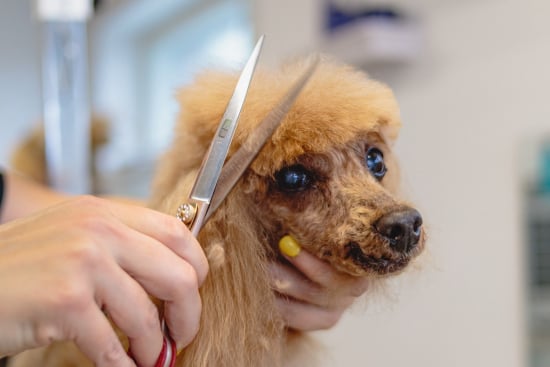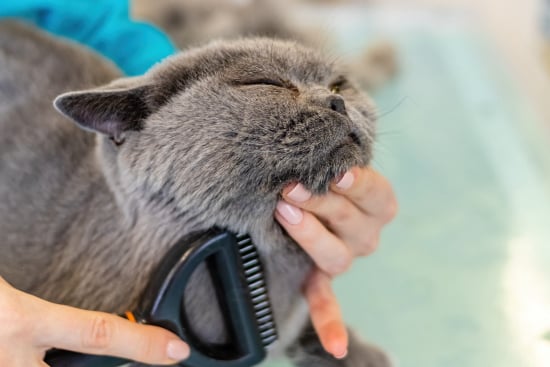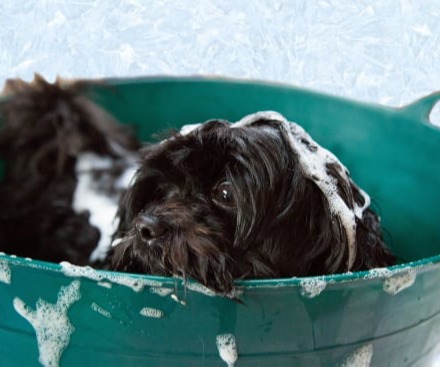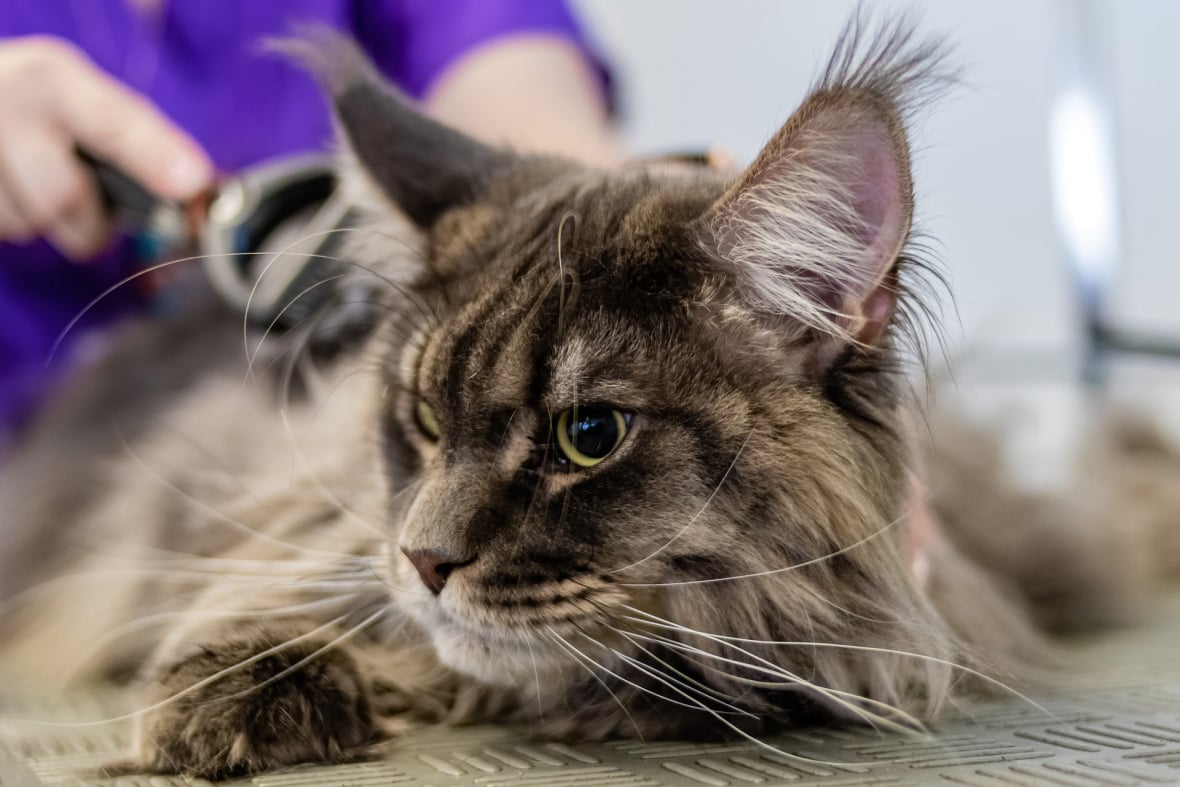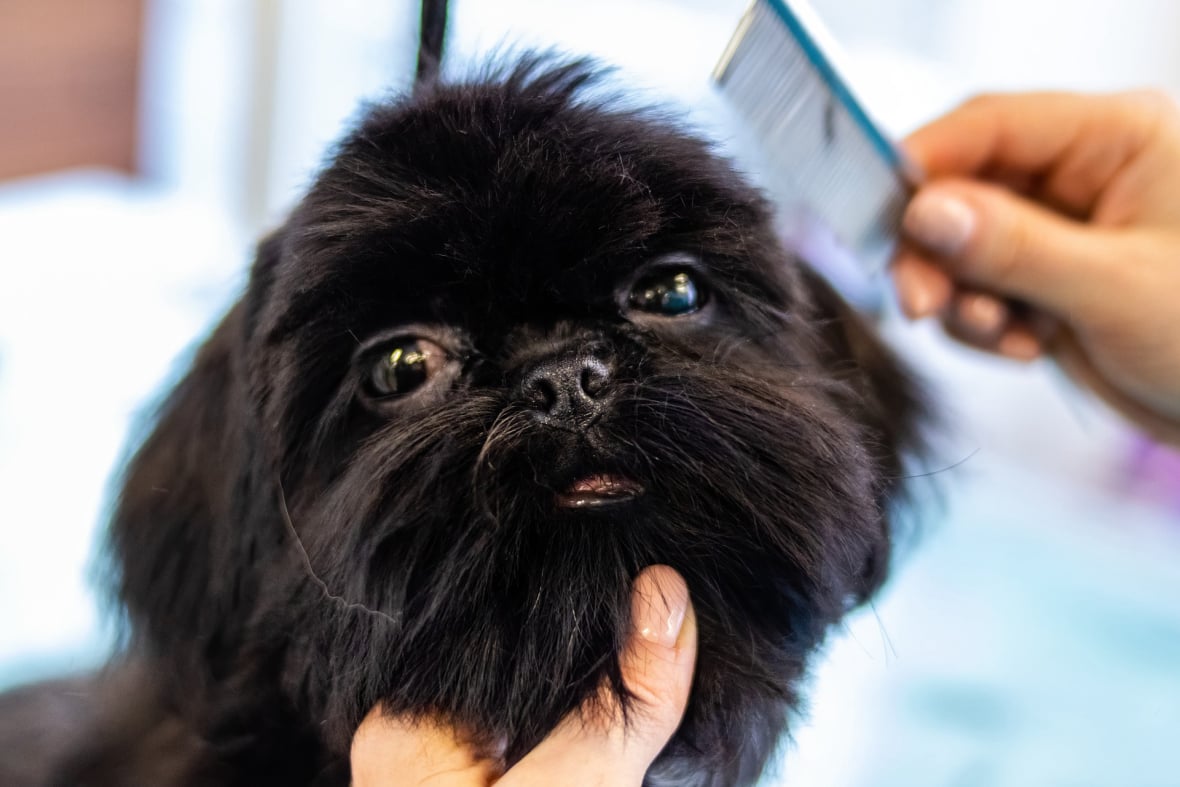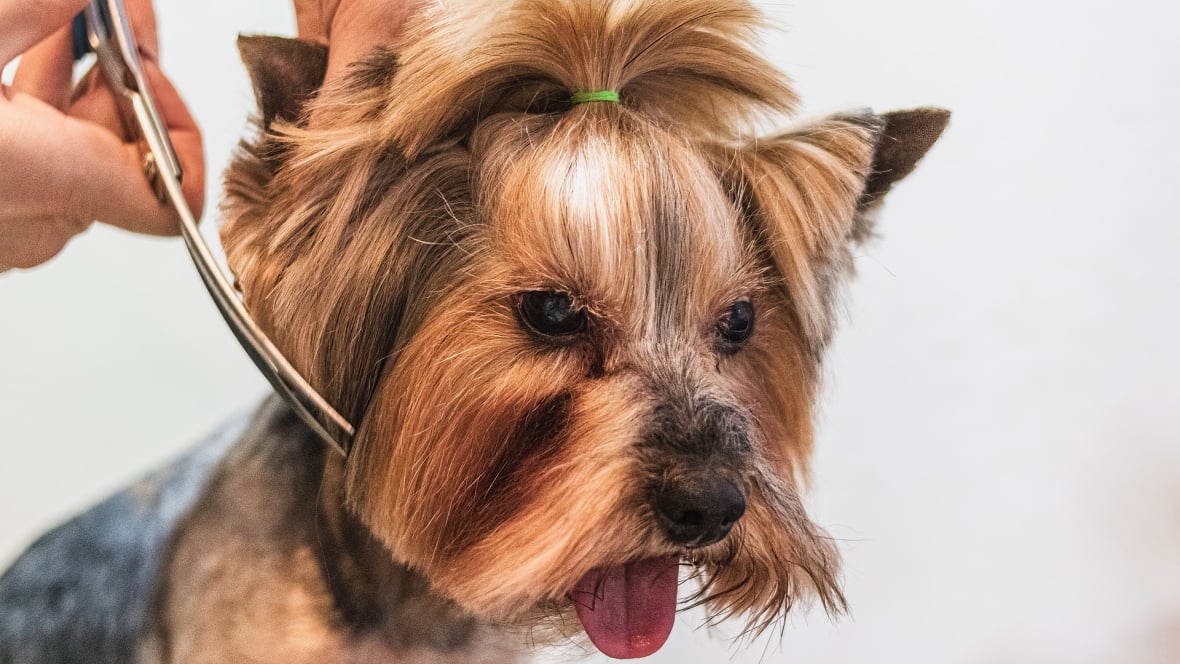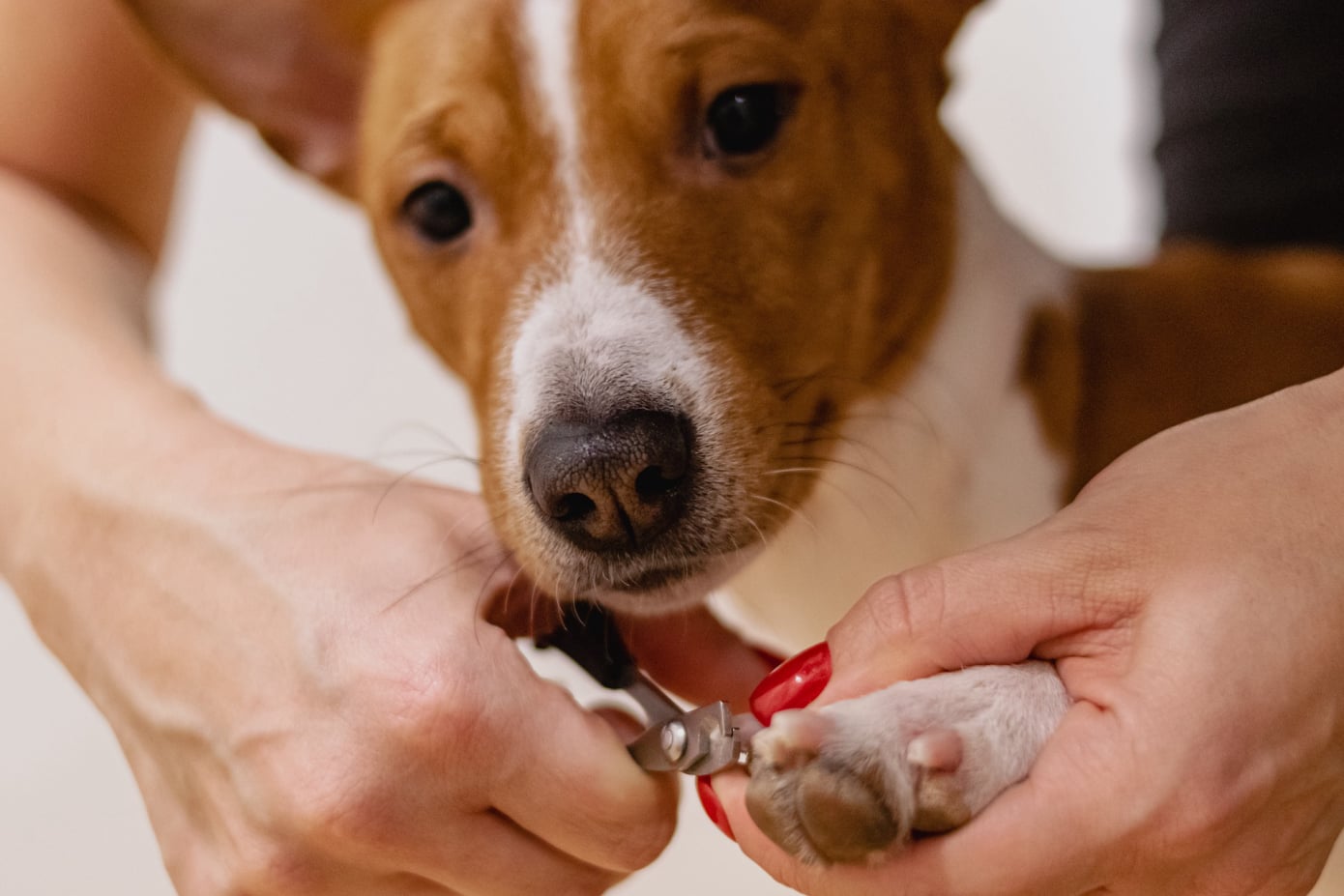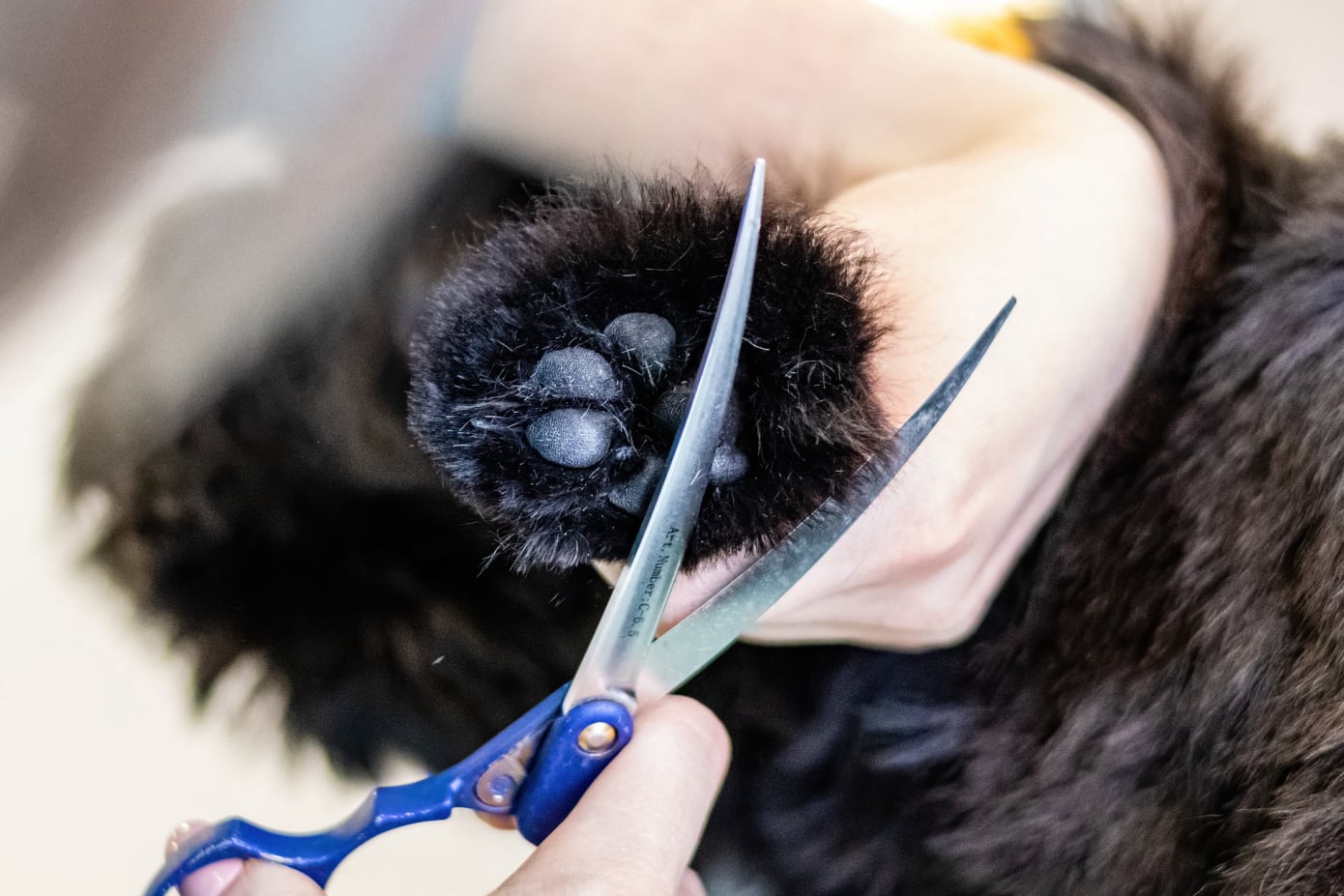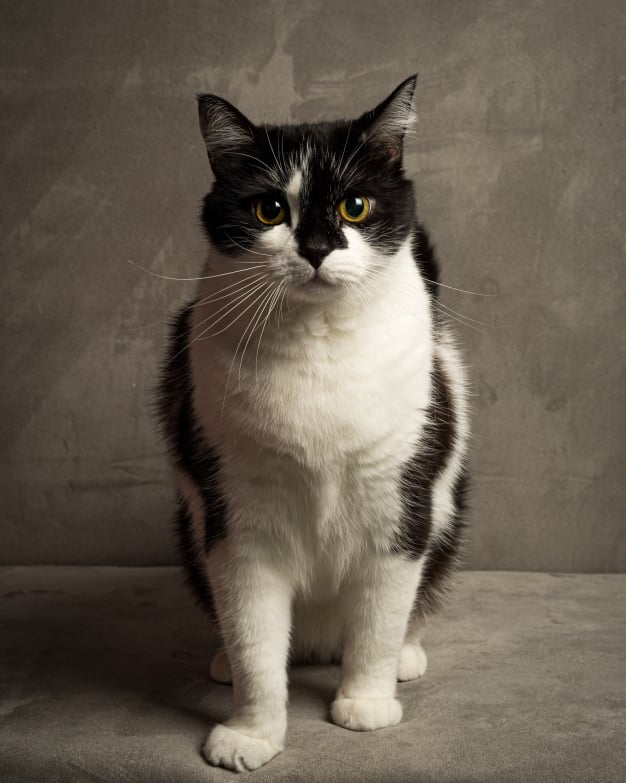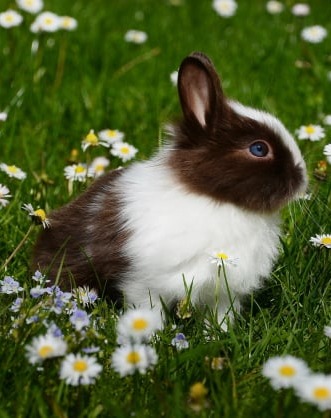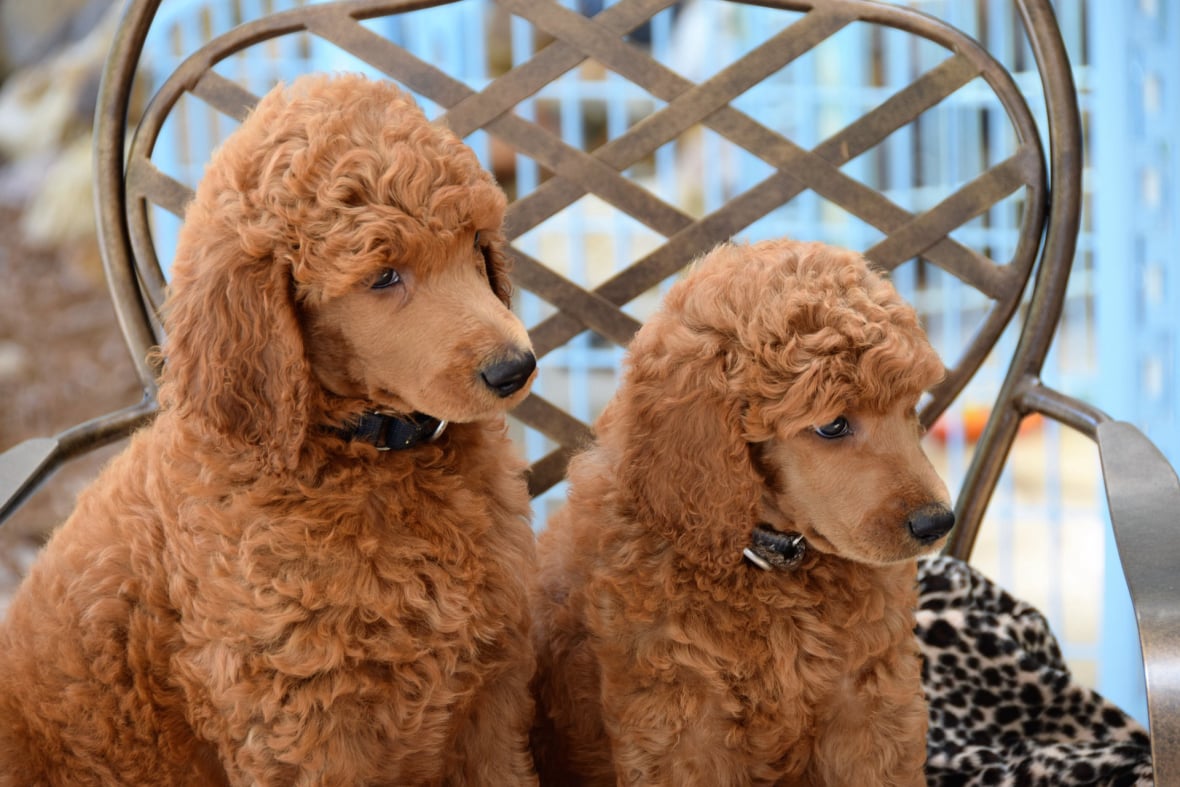
ABOUT US
The Grooming Workshop website is an online platform designed for professional training of groomers and anyone interested in animal care. Our mission is to provide students with access to quality grooming courses, where they will be able to gain the necessary knowledge and skills to develop a successful career in this field.
Various courses on various aspects of grooming are available on the Grooming Workshop website: from basic to specialised. Our courses cover topics such as haircut, bathing, coat treatment, ear cleaning, teeth cleaning, claw care and other aspects that are important for proper animal care.
